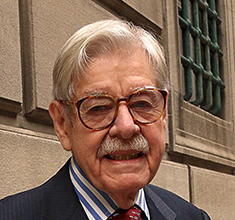The One Community Metric to Rule Them All
 You just took a new community job, and you’re already feeling the pressure to prove your worth. You need some quick community wins. What metric should you focus on?
You just took a new community job, and you’re already feeling the pressure to prove your worth. You need some quick community wins. What metric should you focus on?
Bas van Leeuwen has an answer. He is the co-founder of community metrics dashboard Community Analytics, and community measurement fills the second half of this episode. Analytics aren’t scary or difficult, you just have to know what to look for. Plus:
- The state of community management in the Netherlands
- Integrating community into an “inside-first” company
- Bas’ one community metric to rule them all
Continue reading “The One Community Metric to Rule Them All”
 In January,
In January,  After 8 months at construction software provider
After 8 months at construction software provider  Emily Temple-Wood joined Wikipedia at 12, and became an administrator at 13. In 2016, she was honored by Wikipedia co-founder Jimmy Wales as Wikipedian of the Year. For nearly her entire time on the site, she has dealt with obscene, personal abuse.
Emily Temple-Wood joined Wikipedia at 12, and became an administrator at 13. In 2016, she was honored by Wikipedia co-founder Jimmy Wales as Wikipedian of the Year. For nearly her entire time on the site, she has dealt with obscene, personal abuse.

 As I mentioned on
As I mentioned on  While at online education company Penn Foster,
While at online education company Penn Foster,  When we talk about the beginnings of online community, we often discuss
When we talk about the beginnings of online community, we often discuss  Usually, at 18-year-old online community
Usually, at 18-year-old online community  “If a window in a building is broken and is left unrepaired, all the rest of the windows will soon be broken.” So says the
“If a window in a building is broken and is left unrepaired, all the rest of the windows will soon be broken.” So says the